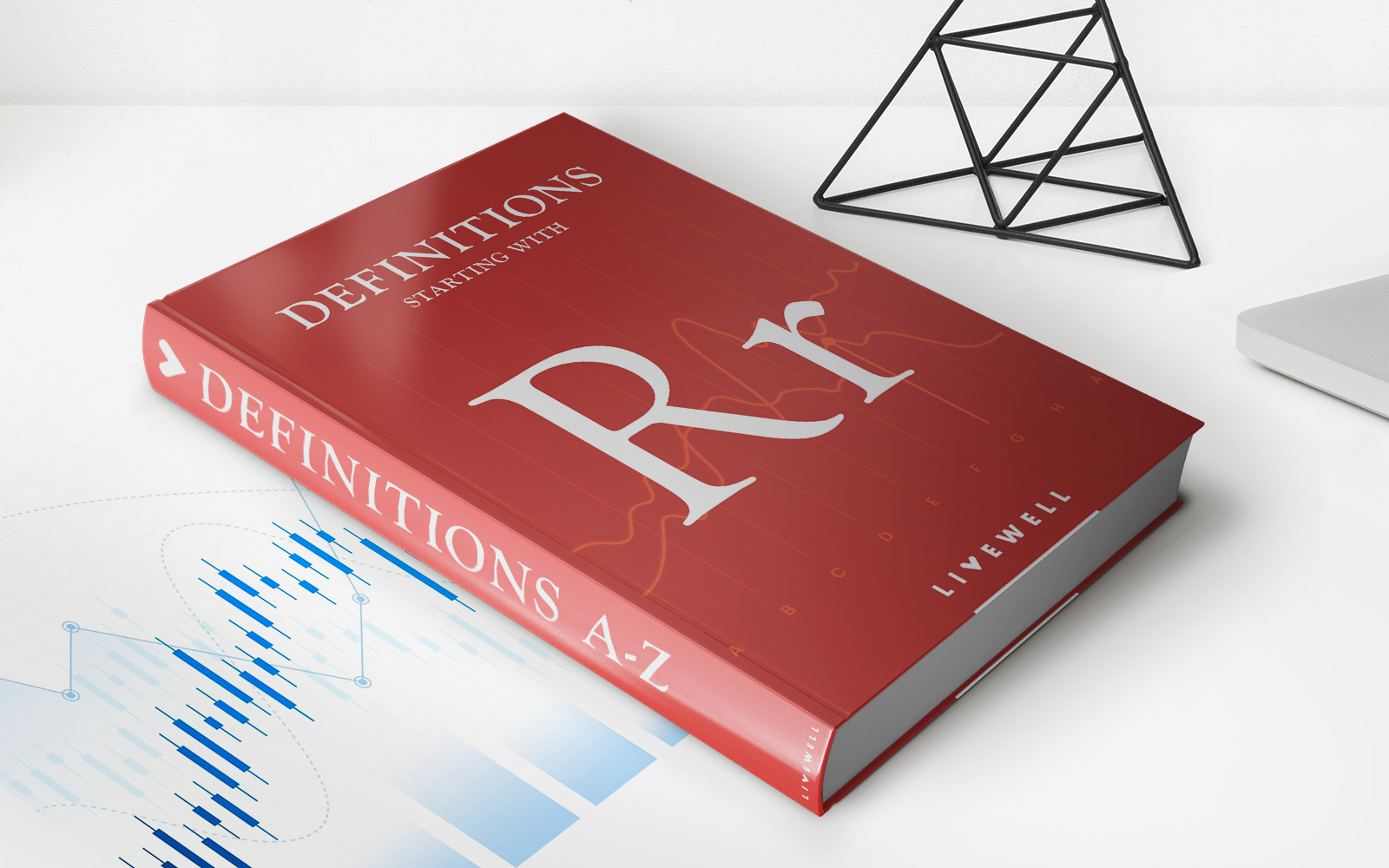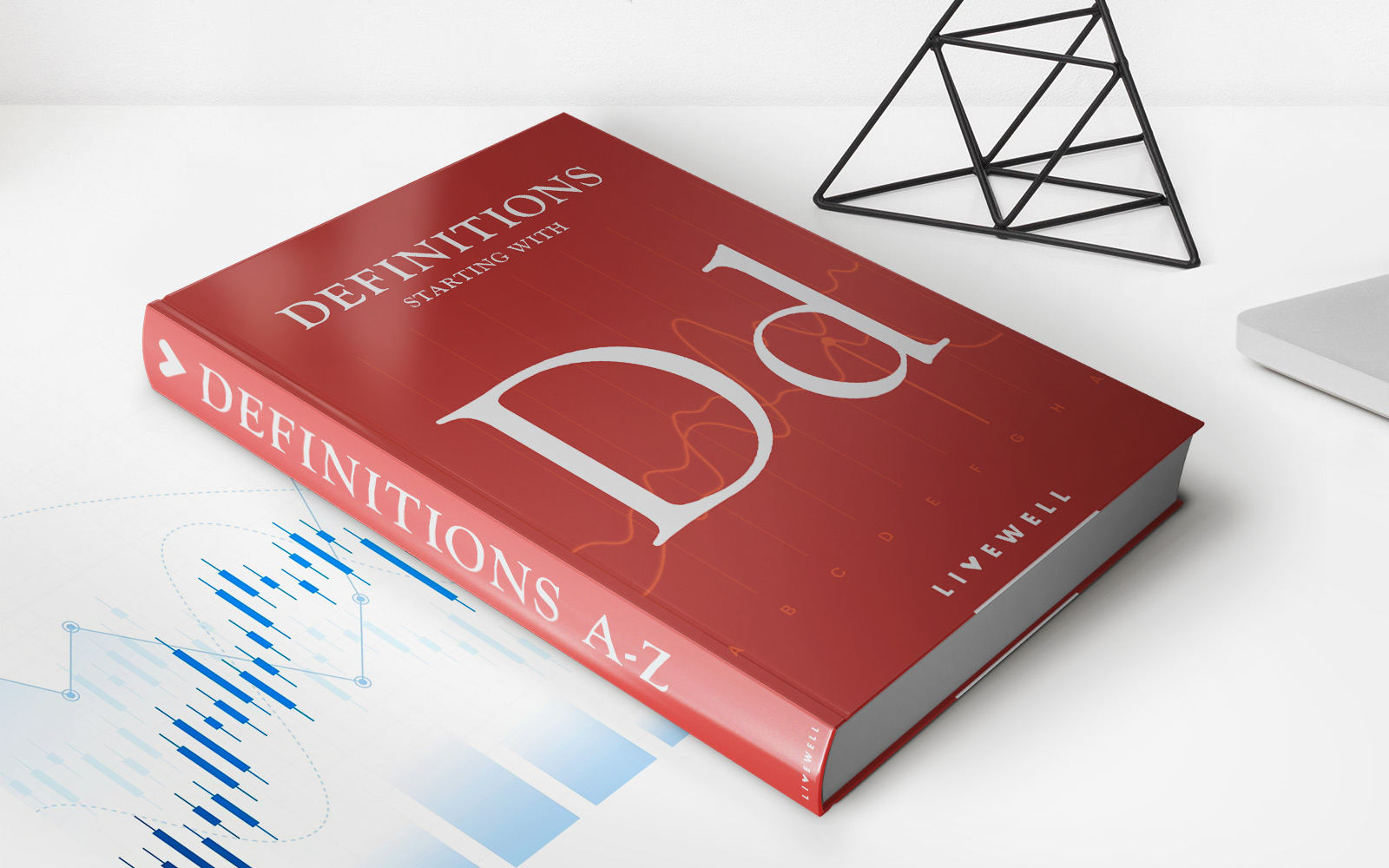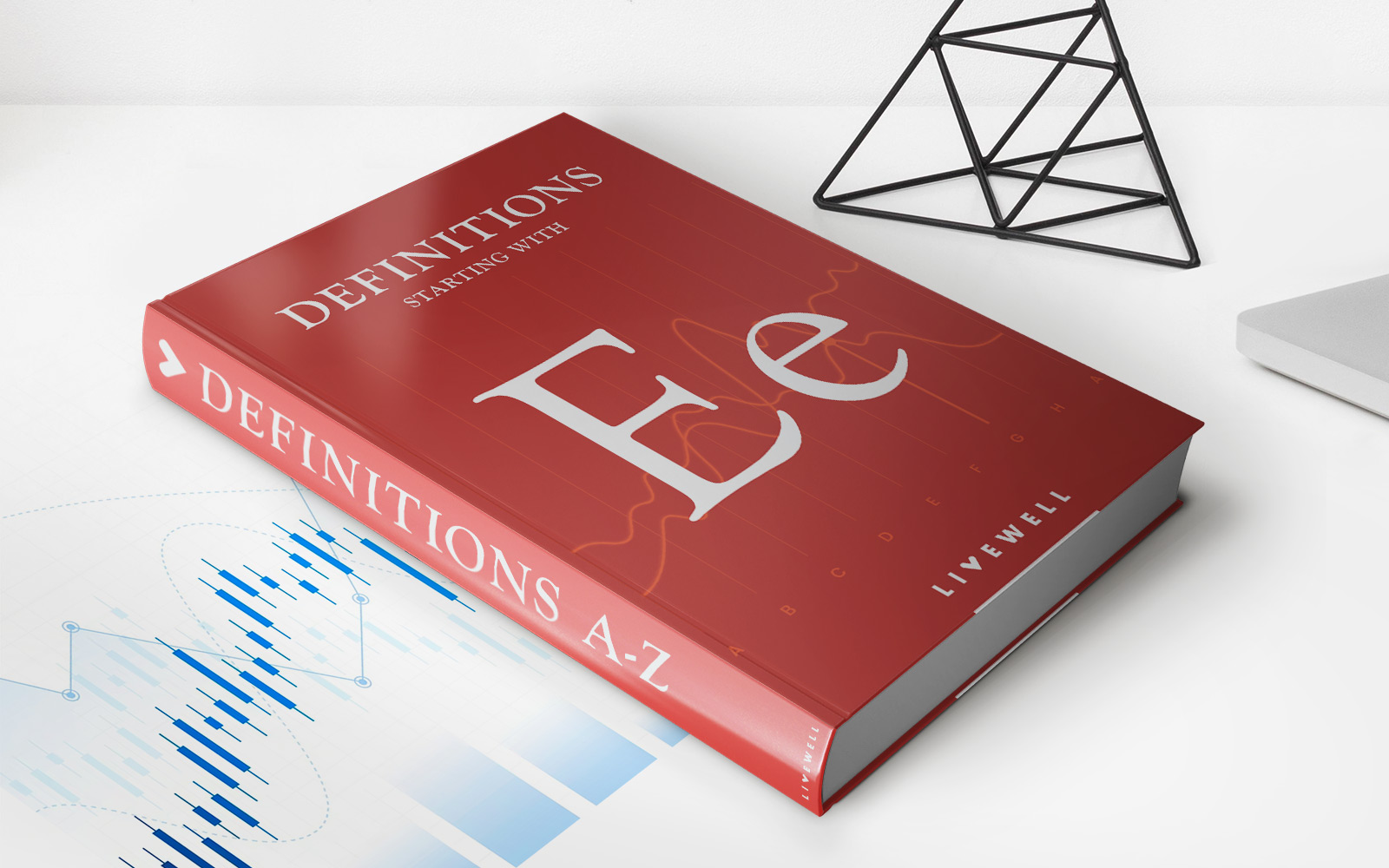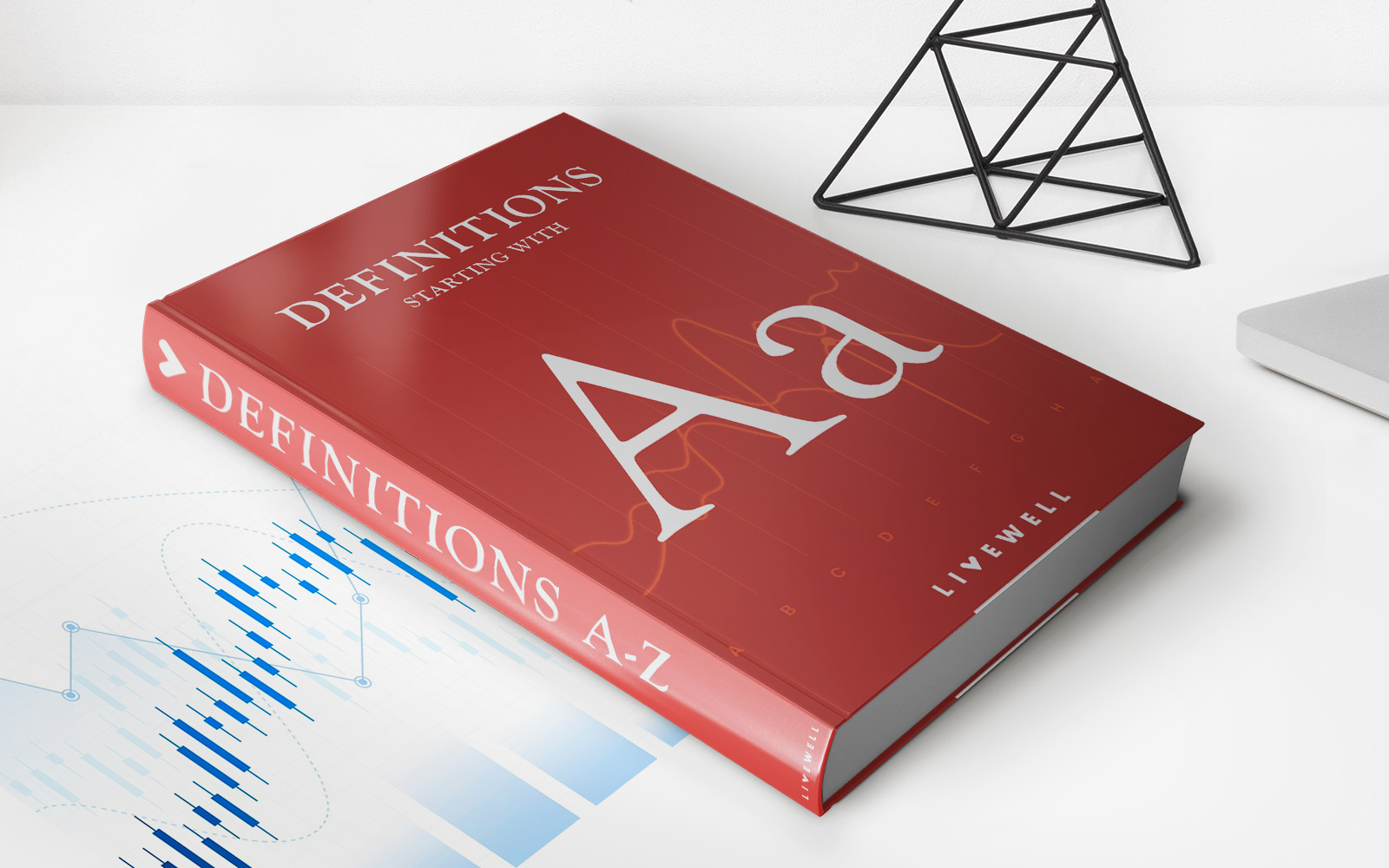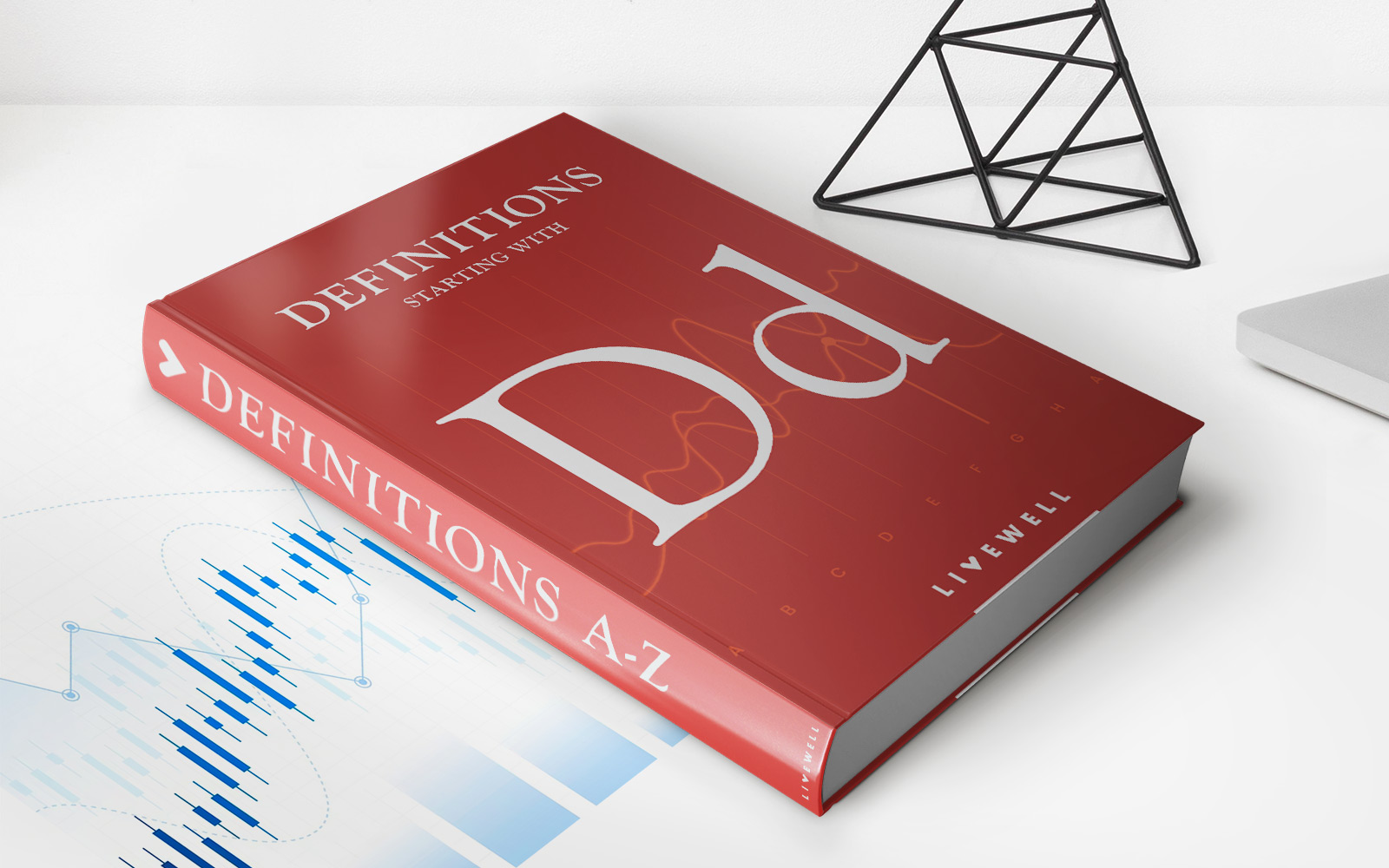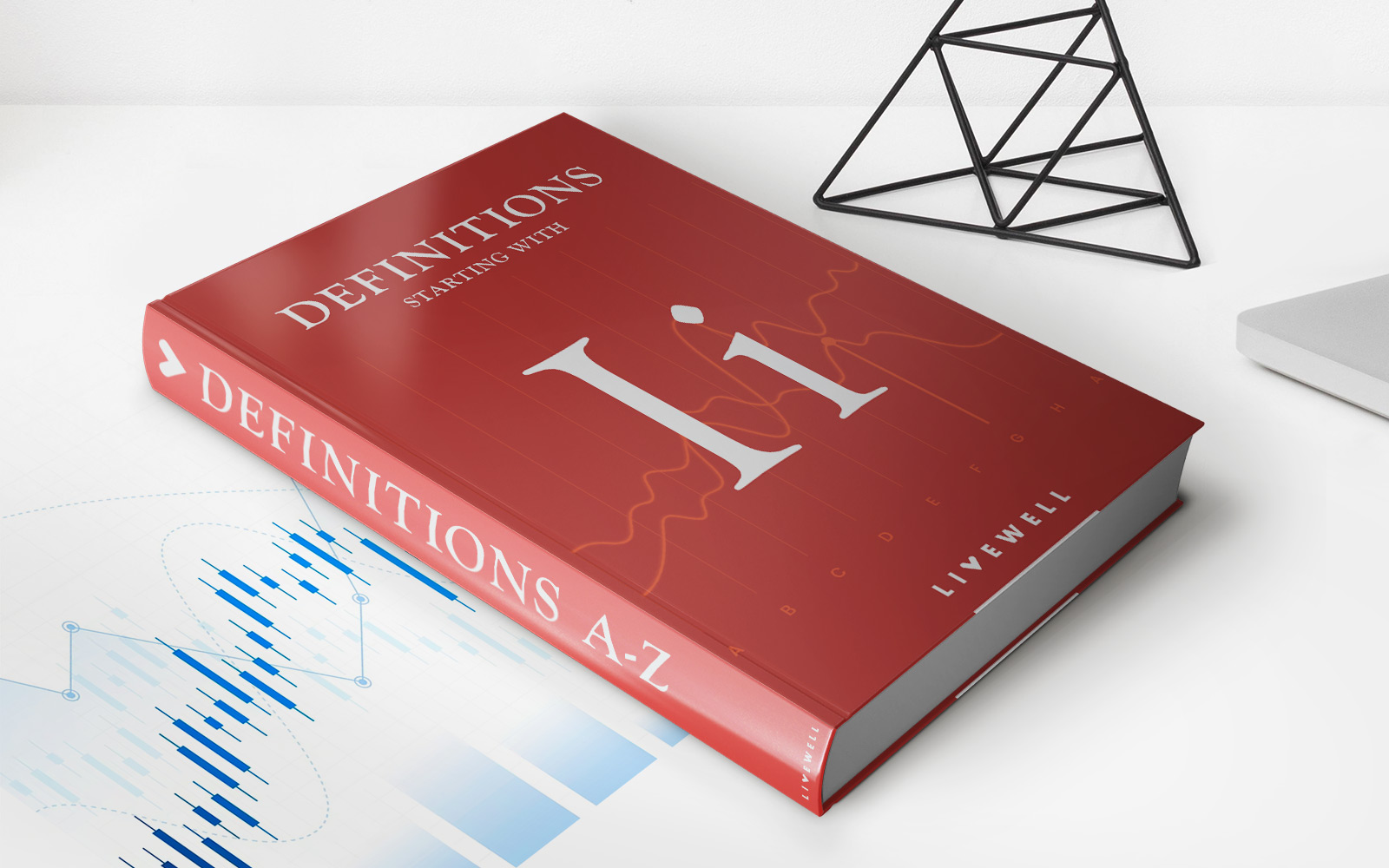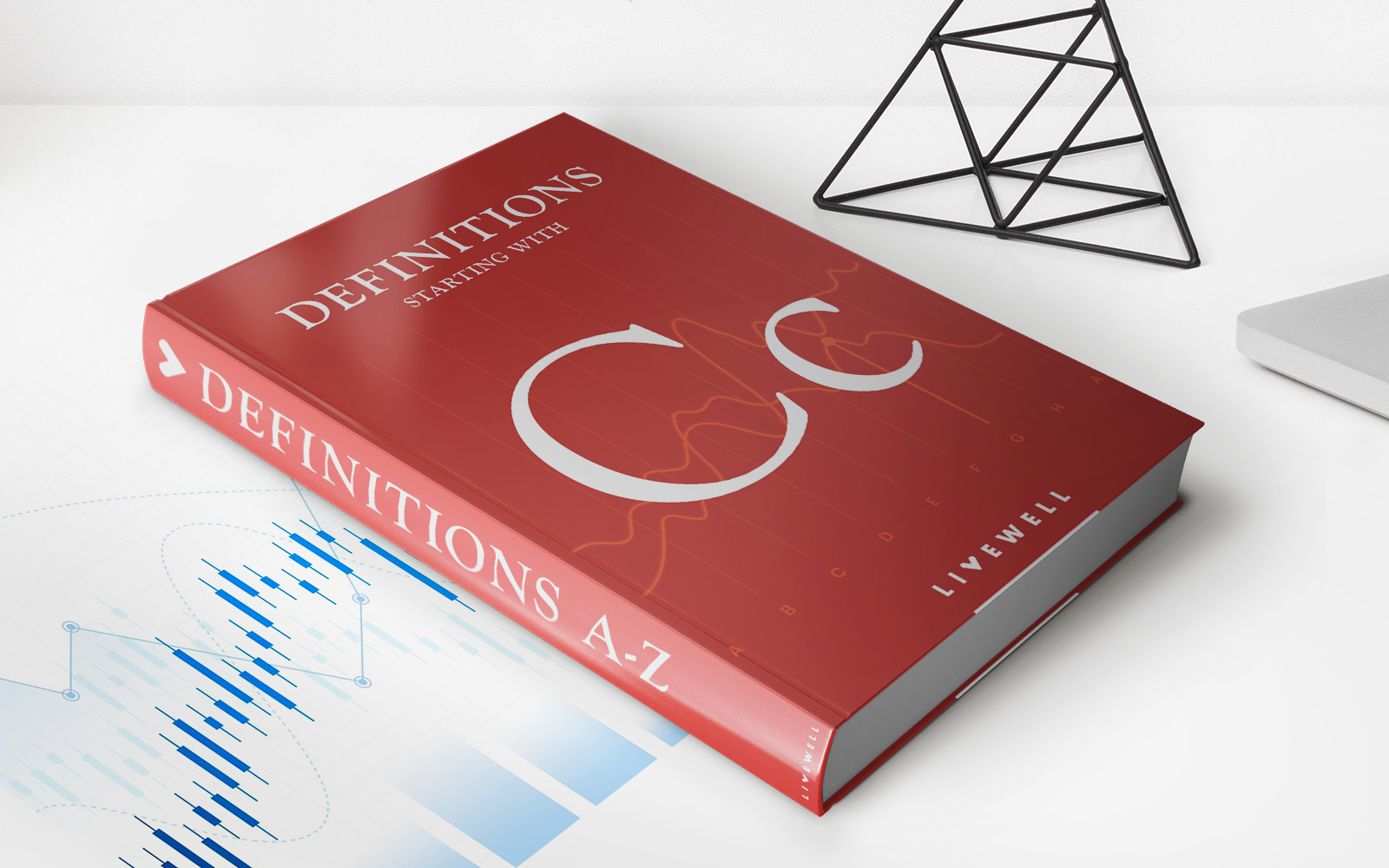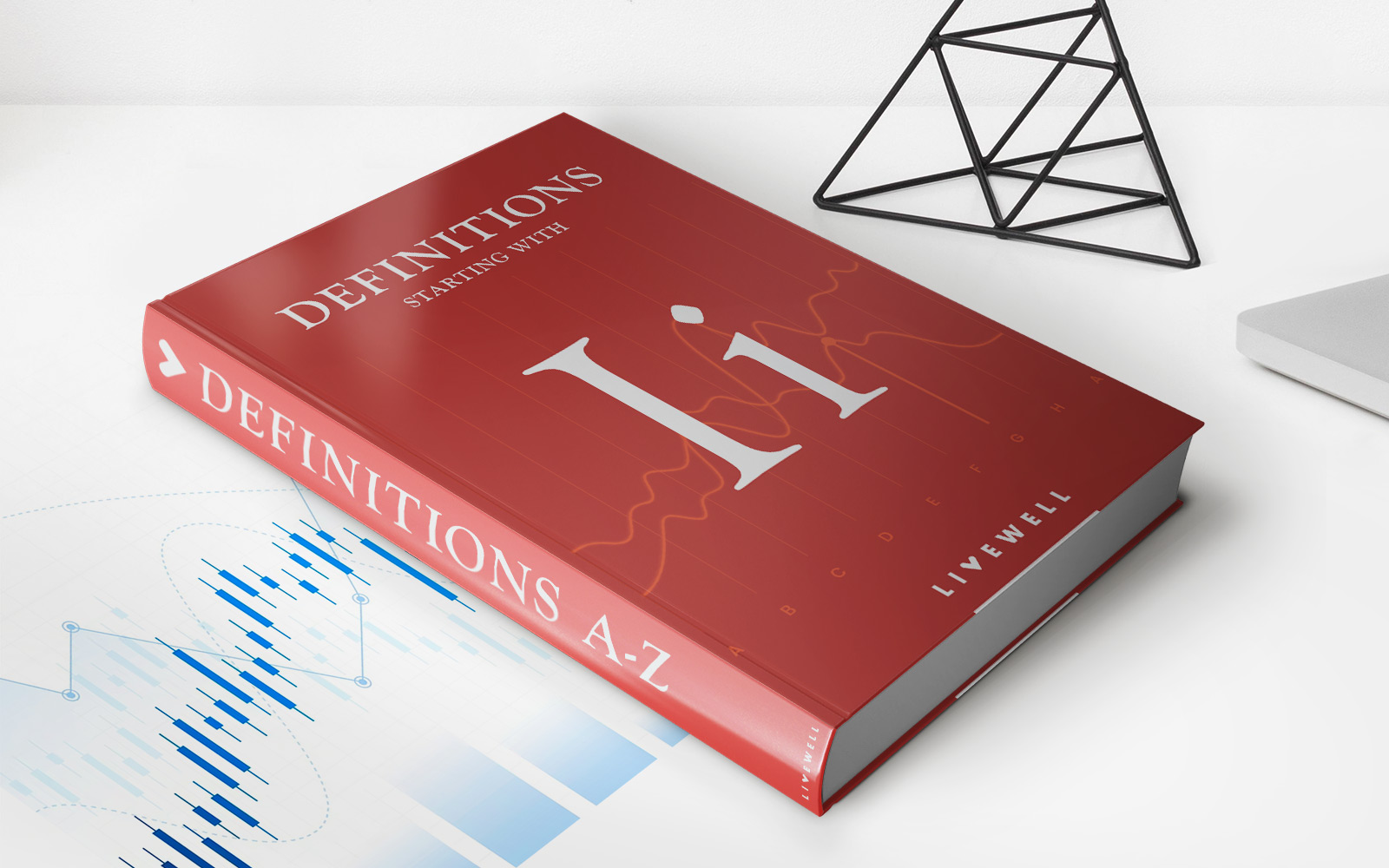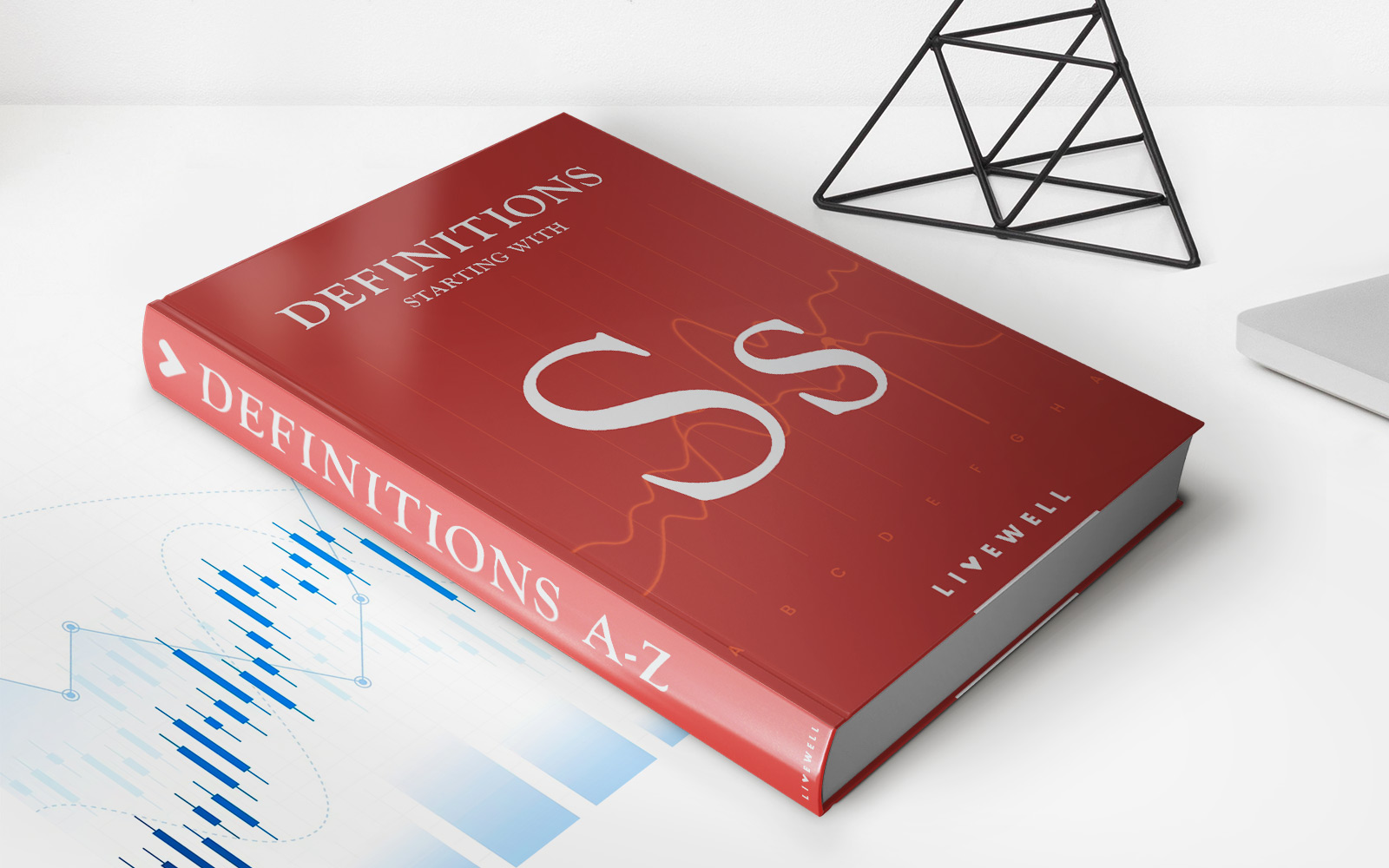Home>Finance>Development Economics Definition And Types Explained
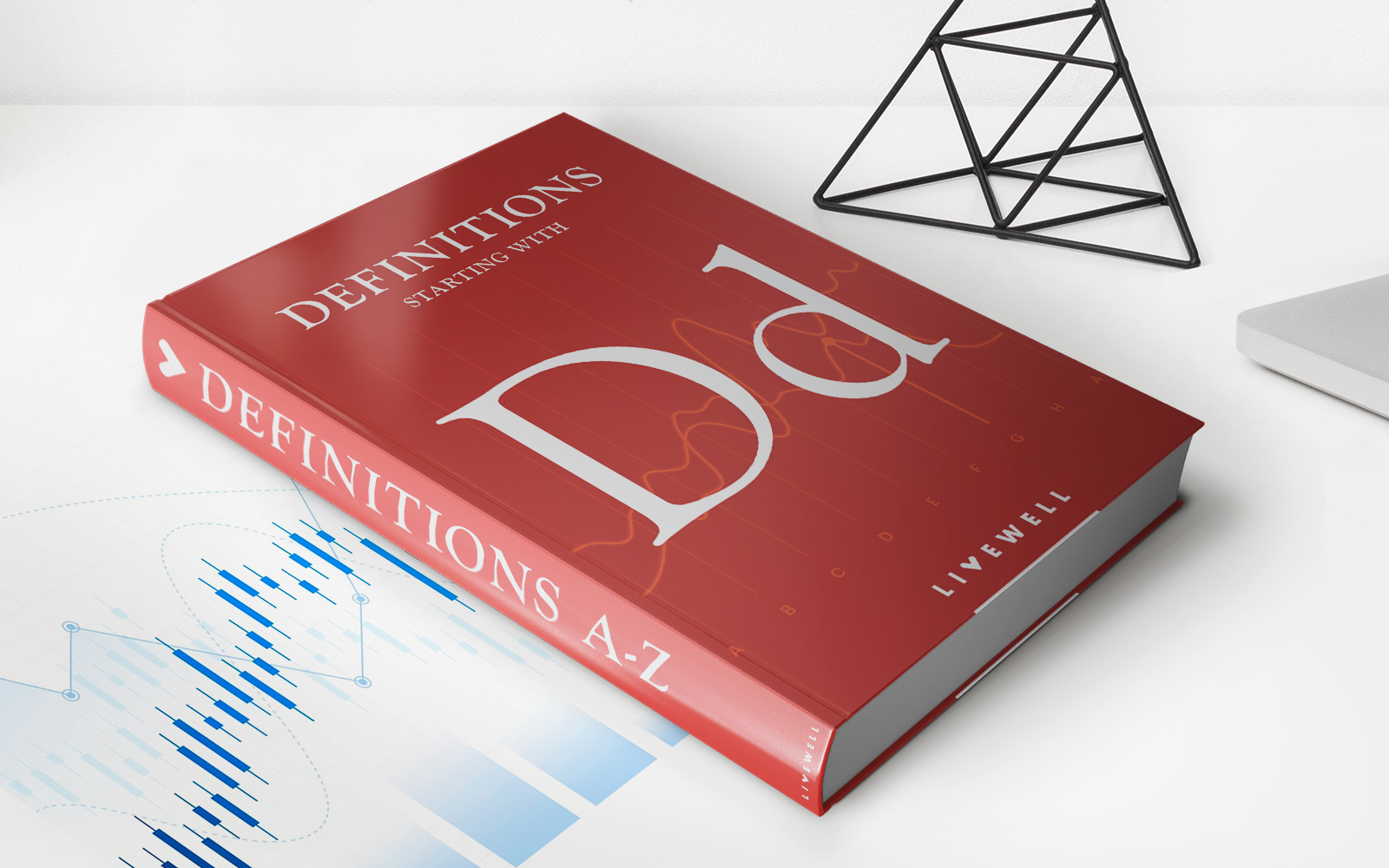

Finance
Development Economics Definition And Types Explained
Published: November 11, 2023
Discover the meaning and different types of development economics in the world of finance. Gain insights into the intricate dynamics and factors that shape economies.
(Many of the links in this article redirect to a specific reviewed product. Your purchase of these products through affiliate links helps to generate commission for LiveWell, at no extra cost. Learn more)
Understanding Development Economics: Definition and Types Explained
When it comes to understanding the complexities of the global economy, one field of study that holds great significance is development economics. But what exactly does development economics mean, and what are its various types? In this blog post, we will delve into the definition of development economics and explore its different types to provide you with a comprehensive understanding. So, let’s dive in!
Key Takeaways:
- Development economics is a branch of economics that focuses on the economic, social, and political factors influencing the development and growth of nations.
- The main types of development economics are traditional economic growth theory, dependency theory, and new institutional economics.
Defining Development Economics
Development economics is a branch of economics dedicated to understanding the economic, social, and political factors that influence the development and growth of nations. It seeks to identify and analyze the factors that contribute to both economic advancement and potential obstacles to development. This field of study explores strategies to promote sustainable economic growth, reduce poverty, and improve living standards.
Now that we have covered the basic definition of development economics, let’s dig deeper into its different types:
1. Traditional Economic Growth Theory
Traditional economic growth theory, also known as neoclassical growth theory, focuses on the role of physical capital accumulation and technological progress in economic development. It emphasizes the importance of factors such as investments in infrastructure, education, healthcare, and research and development to promote long-term economic growth.
Key takeaway: Traditional economic growth theory believes that investments in physical capital and technological advancement are crucial for sustainable economic development.
2. Dependency Theory
Dependency theory, on the other hand, challenges the assumptions of traditional economic growth theory and argues that the global economy is characterized by an asymmetric relationship between developed and developing countries. It suggests that the economic development of developing countries is hindered by their dependence on developed nations, which exploit their resources and maintain dominance in the global market.
Key takeaway: Dependency theory highlights the structural inequalities and power dynamics in the global economy that hinder the development of certain countries.
3. New Institutional Economics
New Institutional Economics (NIE) focuses on understanding the importance of institutions and governance structures in economic development. It emphasizes the role of institutions, such as property rights, legal systems, and regulatory frameworks, in shaping economic behavior and promoting development. NIE believes that well-functioning institutions are vital for efficient market transactions, reducing transaction costs, and fostering economic growth.
Key takeaway: New Institutional Economics emphasizes the fundamental role of institutions and governance in creating an enabling environment for sustainable economic development.
By exploring these different types of development economics, we gain valuable insights into the various approaches and theories behind economic development.
In conclusion, development economics is an essential field of study that offers us valuable perspectives on the economic, social, and political factors that shape the development of nations. By understanding these different types of development economics, we gain a broader understanding of the complexities of the global economy and can work towards more inclusive and sustainable growth.
